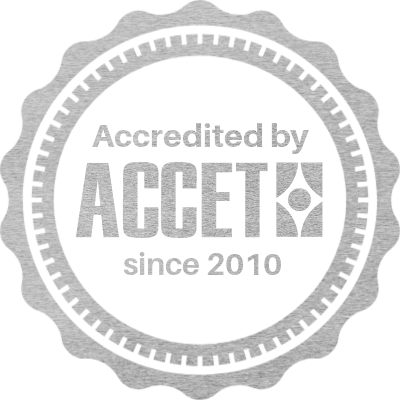The healthcare field is unique in its need for professionals who are both knowledgeable and highly skilled in practical applications. While classroom learning provides the foundation of theoretical knowledge, it is hands-on training that truly prepares healthcare workers to meet the demands of real-world patient care. The combination of education and practice ensures that healthcare professionals are not only confident in their abilities but also capable of responding to the unpredictable situations that arise in healthcare settings.
At Hawai‘i Medical College (HMC), hands-on training is a core component of every program. From Medical Assisting to Healthcare Administration, students are equipped with the practical experience they need to succeed in their future careers. This blog post will explore why hands-on training is critical in healthcare and how HMC’s programs are designed to prepare students for success.
- Bridging the Gap Between Theory and Practice
In healthcare, understanding concepts from textbooks and lectures is important, but being able to apply that knowledge in real-life scenarios is essential. For example, a medical assistant might know how to take a patient’s blood pressure from a lecture, but until they’ve done it multiple times in a real clinical setting, they may not feel fully confident or comfortable.
Hands-on training allows students to practice their skills in a supervised environment, bridging the gap between theory and practice. It gives them the chance to apply what they’ve learned in real-world contexts, helping them become more comfortable and proficient with the tools and techniques they will use every day. This not only builds their technical abilities but also their confidence and decision-making skills, both of which are critical in patient care.
- Preparing for Unpredictable Situations
The healthcare field is fast-paced and unpredictable. No two patients are the same, and emergencies or complications can arise at any moment. Hands-on training provides students with the opportunity to experience a variety of real-life scenarios, preparing them to think on their feet and make quick decisions under pressure.
For example, nursing assistants or patient care technicians may be faced with patients who react unexpectedly to treatment or whose condition changes rapidly. Through hands-on experience, students learn how to manage these situations calmly and effectively. This practical training prepares them for the unexpected challenges they will encounter in the workforce and ensures that they are ready to provide high-quality care in any situation.
- Building Communication and Teamwork Skills
In healthcare, communication is key. Whether interacting with patients, families, or colleagues, healthcare workers must be able to clearly and compassionately convey information. Hands-on training provides students with the opportunity to develop and refine these critical communication skills in a real-world environment.
Additionally, healthcare is a team effort. Whether working with doctors, nurses, or administrative staff, collaboration is essential to delivering effective patient care. Hands-on training helps students understand the importance of teamwork and teaches them how to work effectively in a collaborative setting. For example, during clinical rotations or lab simulations, students may work alongside peers or professionals, giving them real-world experience in coordinating care and problem-solving as a team.
- Gaining Confidence with Medical Equipment and Technology
Modern healthcare relies heavily on technology and medical equipment, and being able to use these tools correctly is critical to patient care. Hands-on training ensures that students gain experience using the tools and technologies they will encounter in their careers.
For example, medical assistants need to be proficient in using electronic health records (EHR) systems, while nursing assistants must be familiar with devices that monitor patient vital signs. By working directly with these technologies during their training, students develop the confidence they need to operate them effectively and efficiently in real-world healthcare environments.
- Meeting Employer Expectations
Healthcare employers prioritize candidates with hands-on experience because they know how important it is for new hires to be prepared for the demands of the job. Having practical training on your resume not only makes you a more attractive candidate but also signals to employers that you are ready to hit the ground running.
At HMC, hands-on training is a key part of every program. Through clinical rotations, lab simulations, and real-world internships, students graduate with the experience they need to meet employer expectations and succeed in the healthcare field.
In the healthcare field, theoretical knowledge alone isn’t enough to succeed. Hands-on training is essential for building the skills, confidence, and experience needed to thrive in real-world healthcare settings. At Hawai‘i Medical College, we prioritize hands-on learning to ensure our students are well-prepared for their careers. From Medical Assisting to Healthcare Administration, our programs are designed to provide students with the practical experience they need to excel in the healthcare workforce.
If you’re ready to start your healthcare journey, explore the programs at HMC and see how we can help you achieve your goals through hands-on training.





